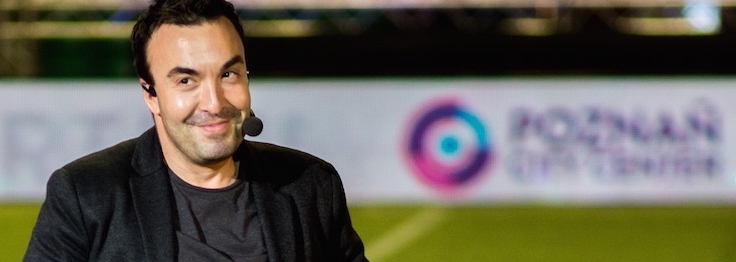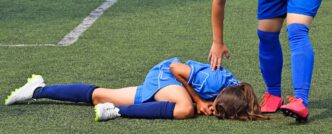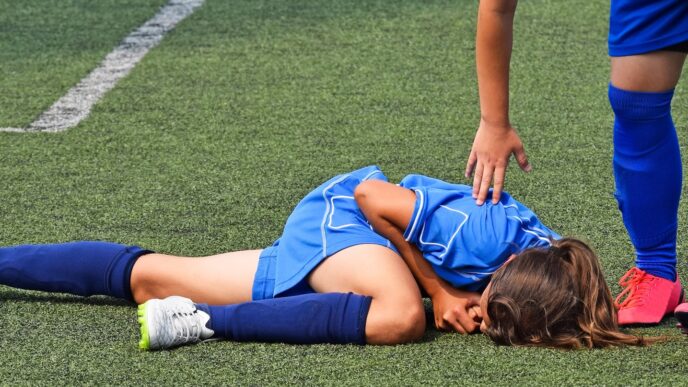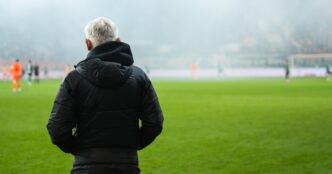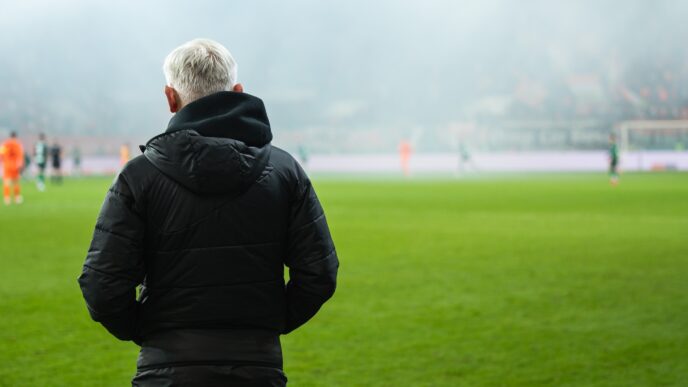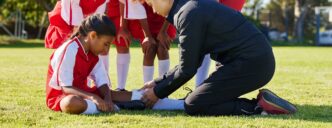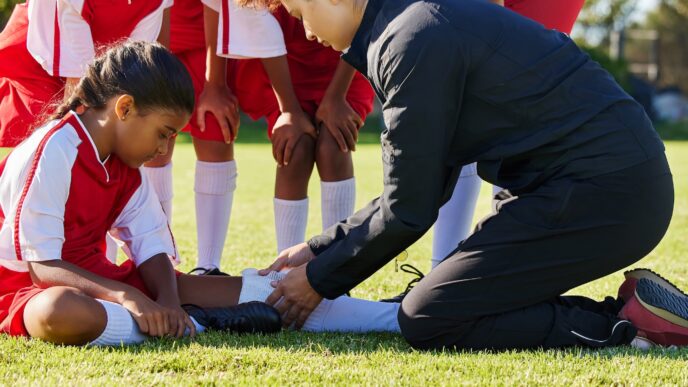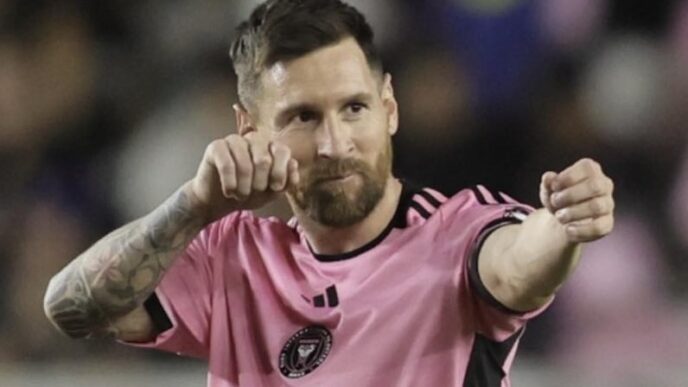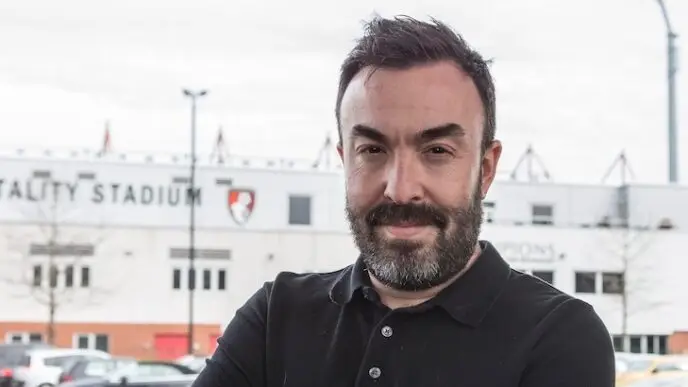Mental Strength: The Mindset of a Champion
The Word Grind Should Never Touch Sport
We live in a sporting world where we use words like ‘grind’ and celebrate hard work. We insist that the tripartite of attitude, effort, and energy will lead to success.
Our recipe is simple – put the work in, and you’ll receive the glory.
I understand. I respect this formula. Sweat, dust, and blood feel like the tangible qualities needed for success in soccer at the High School, college, and pro levels.
And words like ‘grind’ sound cool. I don’t think a day goes by where I don’t skip through my Twitter timeline to find a GIF, poster, or short video that displays the word ‘grind’ headlining over the top of pictures and movie shots of soccer stars strutting their stuff.
“You can be him or her if you grind!”
That sounds cool, right? Less cool are these words: the direction of attention, variability, interleaving, focused repetition, self-talk, embodiment, spacing, desirable difficulties, process-oriented, representative, mental state, high challenge with high support, rest, and recuperation – physically and mentally.

Distinctly uncool! And yet, having had the honor of working with some of the best players in world soccer (as well as in other sports) I’d respectfully say that these words, at least when combined, add up to be the most potent mediators of success and failure in just about every sport.
THE GRIND – WELL, I’D ARGUE THAT GRINDING CAN ACTUALLY MAKE PLAYERS WORSE!
Grind at 4 AM, grind when you don’t want to, grind when you’re tired, grind out another set, grind with no days off, grind morning, noon, and night! Grind, grind, grind!
Sure, let’s just increase that soccer dropout rate, shall we?
In the dictionary, grind (as a noun) means ‘hard, dull work’. Is this the message we want to send?
THE WORD GRIND SHOULD NEVER COME NEAR SPORT.
The word Grind should never touch sport. Should never be adjoined to the word ‘sport’ or linked to the activity of sport.
Do ambitious young sports competitors have to put in time developing their game to give themselves a chance to realize their potential? Absolutely! Recently, on my podcast, The Sport Psych Show, I spoke with Professor Mark Williams, one of the world’s leading sports performance experts. He discussed the importance of accumulating practice hours from a young age (early engagement … not the ‘10,000 rule’) and referenced research demonstrating this importance within sporting development.
So no one doubts the impact practice and playing time have, you can listen to episode #107 with Mark Williams on How Athletes Are Made here: The Sport Psych Show with Dan Abrahams.
But (and it’s a big ‘but’) research evidence suggests that what players (aided by coaches) do during practice matters. Behavior during practice counts.
YOU CAN HAVE PLAYERS GRIND, OR THEY CAN HELP THEM ENGAGE IN A DELIBERATE, INTENTIONAL FORM OF PRACTICE.
You can set them stretch tasks that encourage their anticipatory skills. You can guide them through rules that empower them to become more autonomous in their decision-making.
Players can grind, or you can interleave and space your activities to make them challenging and fun. Rather than doing a passing activity for 10 minutes and then a small-sided game for a further 10 minutes, why not interleave and have them execute a passing activity for 5 minutes, then a small-sided game for 5 minutes, then back to the passing activity.
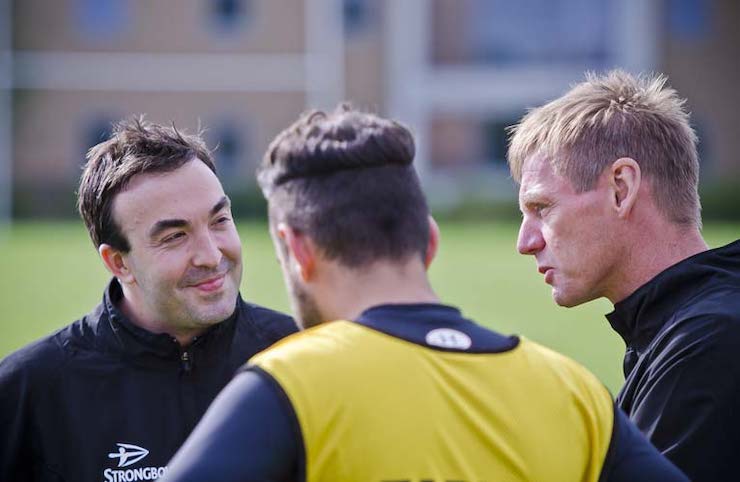
This brand of interleaving and spacing has been shown to aid learning – a form of desirable difficulty that builds pathways in the brain related to technical development — called neurogenesis.
YOU CAN HAVE PLAYERS GRIND OR TEACH THEM HOW TO BECOME MENTALLY SKILLFUL.
Perhaps I can help there? Maybe my Game Face or Squashing ANTs technique might be a fun way for players to learn to stay ‘on-task’ with confidence? Either way, I can assure you the ‘grind’ has nothing on mental skills – not even close!
There are so many creative processes you can introduce players to in your sessions that help them engage and pay attention to what can help them grow—that can help them be better learners and performers.
But grind? No, never grind. Never, ever the grind!
A global sports psychologist and author specializing in soccer, Dan Abrahams is based in England and works with professional soccer players in the English Premier League (EPL). Abrahams has worked with hundreds of soccer players – many who play in the English Premier League (EPL). From working with players at Crystal Palace, QPR, Fulham, and West Ham among others, Abrahams counsels players on how to play at peak performance. Abrahams has authored several books and has a Soccer Academy as well.

